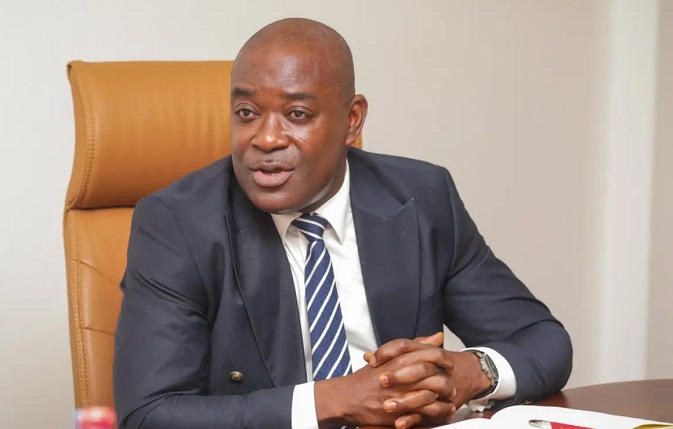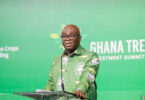Report By: Ishmael Barfi
The Ghana Tertiary Education Commission (GTEC), led by Professor Ahmed Jinapor Abdulai, has inaugurated the first National Tertiary Education Conference (NTEC) in Accra.
This significant event brought together over 400 participants, including university leaders, researchers, policymakers, students, and industry leaders.
The conference, themed “Transforming Tertiary Education in Ghana: Dialogue, Policy, and Practice,” aims to drive critical discussions on reshaping the nation’s higher education system to address both global and local challenges.
In his opening remarks, Professor Jinapor emphasized the conference’s role as a timely platform to address transformative shifts in education driven by technology, economic uncertainties, and societal needs. He underscored GTEC’s commitment to creating a resilient, adaptive, and future-ready tertiary education system.
This includes aligning curricula with industry demands, integrating emerging technologies like Artificial Intelligence, and developing sustainable funding models.
Running from November 5 to 7, the three-day event will delve into policy development, curriculum innovation, and the role of Artificial Intelligence in modernizing education. Key discussions will focus on how policies can support quality assurance, academic freedom, and institutional autonomy within Ghana’s tertiary institutions.
Industry and academic representatives are set to form partnerships that will shape a more practical and responsive educational landscape, ensuring Ghana’s institutions are equipped to meet the challenges of the 21st century.
As NTEC progresses, Professor Jinapor expressed gratitude for the dedicated efforts of the Conference Organizing Committee and sponsors, whose support has made this event possible.
He also highlighted the conference as an opportunity to strengthen collaborations between government, industry, academia, and civil society, which are crucial for implementing meaningful changes in Ghana’s educational sector.
Menawhile, Dr. Yaw Osei Adutwum, Minister for Education, has urged tertiary institutions to design their curriculum to respond to emerging government reforms in second-cycle institutions.
He said the new reforms in the second-cycle institutions were technologically orientated, preparing students for 21st-century skills demand.
Source: www.thenewindependentonline.com








